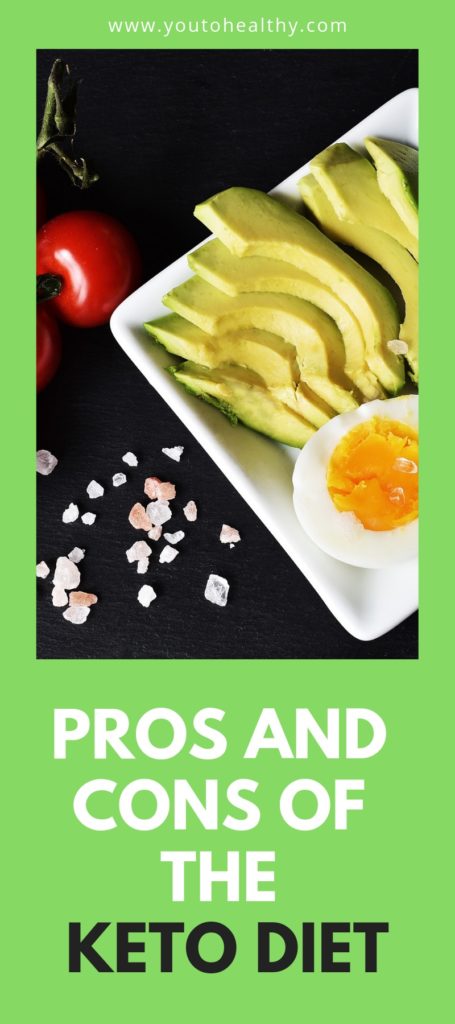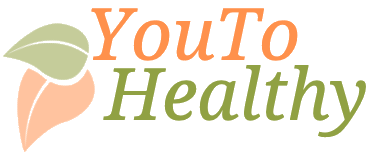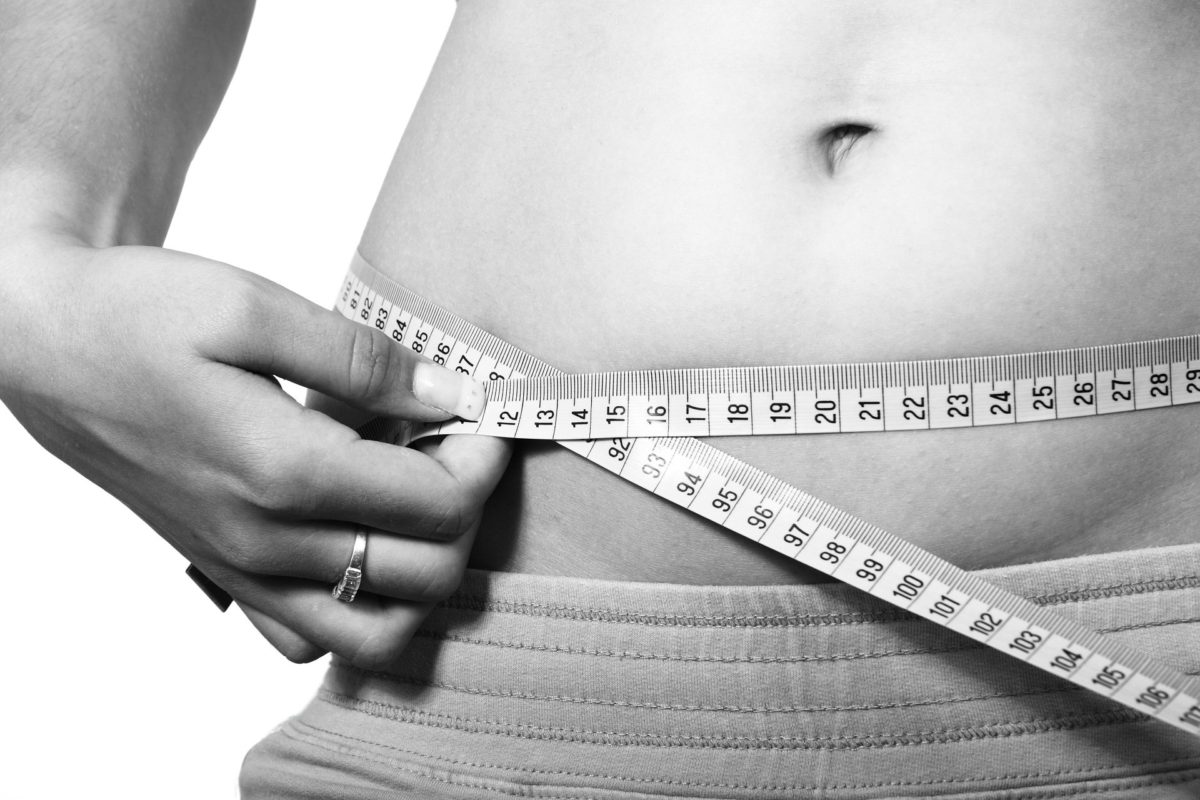There are so many new diets that it’s hard to keep up with them all. The most popular diet trend in 2018 was the ketogenic diet (commonly referred to as keto or the keto diet). But what are the pros and cons of the keto diet? Is it really worth it?
The keto diet consists of foods that are low in carbohydrates, high in fat, and have a lower amount of protein than standard diets.
So, the goal of the keto diet is to achieve ketosis through a special diet that helps to get ketone blood levels to a certain level. In other words, the most common goal people share in using the keto diet is to lose weight, and many have seen great results!
According to What’s a Ketogenic Diet? on WebMD, it typically takes from three to four days to two weeks for your body to adjust to this plan, as with any new diet.
I have a few friends who are currently on the keto diet, and their experiences have been positive. It may not be for everyone, but it generally seems to satisfy.
Pros and Cons of the Keto Diet
While most reviews and supporting articles are in favor of the keto diet, I wanted to research both sides so you can decide for yourself if it is really worth all the fuss.
I’m providing below the pros and cons of the keto diet to hopefully help you if you are on the fence about choosing this diet.
Keto Diet Pros
1. Weight Loss (Quick)
If you’re looking for a plan that will help you lose weight quickly, this is it. Because of its low carb aspect, the weight will come off easily. This can motivate you to continue the diet.
The keto diet is also one that curbs the appetite, so you won’t be as hungry as often, which will make it easier to shed weight. You will also burn fat faster and more efficiently because you are taking in fewer carbs and more healthy fats.
2. Energy
Along with quick weight loss, you can experience more mental clarity and focus as well as a steady supply of energy due to the low-carb aspect of keto.
This doesn’t necessarily mean your energy will increase, but you will be able to maintain your energy throughout the day without becoming overtired or fatigued. This can be different for athletes or people who have more active workouts.
3. Lower Risk of Developing or Worsening Medical Conditions
The keto diet seems to have an effect on medical conditions, according to WebMD. Conditions like epilepsy, cancer, heart disease, and diabetes are positively affected by the keto diet. Many who follow the diet report improvement in their health.
Because there is a lower amount of protein and carbs in the keto diet and the specific foods it encourages, the diet is healthier for the individual.
Instead of unhealthy carbs like processed foods, white bread, and white rice, you switch to healthy carbs like brown rice, whole grains, and legumes, which will also bring improvements to your health.

Keto Diet Cons
1. Digestive Issues
Because your carb intake is much lower on the keto diet, you consume less fiber. This can cause constipation and digestive issues, according to EatSmart. Carbs include brown rice, legumes, bread, whole grains, etc. These are the foods that support digestion because they are rich in fiber.
The carb intake recommendation for the keto diet is 20–50 grams per day. This is lower than the United States Department of Agriculture’s (USDA) MyPlate recommendation, which is widely recognized as the basis for a healthy diet.
The MyPlate recommendation for healthy carbs in your diet is 5–6 ounces for women and 6–8 ounces for men, depending on factors such as weight, age, etc.
2. Higher Fat Than What Most Nutritionists Recommend
The fat intake on the keto diet is extremely high. For the keto diet, fat intake is about 70–80% of the food intake. This is high, compared to the 6–8 teaspoons for oils and fats MyPlate recommends.
This is not to say one is better than the other, but there is a major difference in the guidelines for a healthy diet from the USDA and from the keto diet.
A high-fat diet can be linked to immune diseases even though some of the keto diet literature states that it may benefit the health of those who experience these medical conditions. This is why it’s good to do your research before any type of diet change.
3. Muscle Loss
This may not be of concern to everyone, but you can experience muscle loss from the keto diet because your protein and carb intake is lower on keto.
For bodybuilders and those looking to build muscle or in quest of an athletic physique, this may not be the diet for you.
Recommended Keto Diet and Healthy Eating Resources
There is a good deal of research out there on the keto diet as well as the USDA dietary recommendations.
MyPlate is a USDA (United States Department of Agriculture) site that provides education and recommendations for a healthy diet. The articles describe what should be eaten and give you guidelines on a balanced, healthy diet, including the specific measurements and amounts that you should consume per day (taking into consideration your individual health and medical needs).
There are educational materials on each food group as well: what it consists of, how much to eat, why it’s important, and more.
You can also find useful information on the keto diet on PerfectKeto.com, EatSmartProducts.com, and WebMD.com.
Final Thoughts on the Pros and Cons of the Keto Diet
There is no perfect diet out there. Each person’s body is different, so the diet that may be best for one will not work for all.
There are certainly benefits to using the keto diet plan like fat burning, quick weight loss, and helping with managing diseases like diabetes, cancer, heart disease, and other medical conditions.
I will make note that there’s not enough research to support whether continuing this diet long term is beneficial or not.
The extremely high fat intake, though it consists of healthy fats, may not be the best choice for each person to be healthy. I encourage you to do your research and decide which diet is best for you to follow.
Have you ever tried going keto? Can you think of other pros and cons of this diet? Let us know in the comments below.




